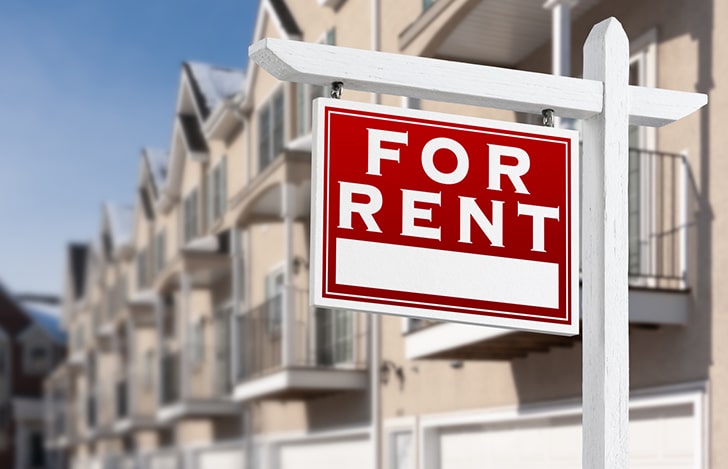When Can I Sue my Landlord?

22Apr
When Can I Sue my Landlord?
Whenever you are having difficulties dealing with your landlord, you may wonder if the frustrations amount to a lawsuit. While it may be tempting to want to go to court over every little spat you may have with your landlord, there are certain situations where you are well within your rights to sue your landlord. Here are some examples...
When Can I Sue my Landlord for Wrongful Eviction?
This occurs when a tenant believes that they were displaced out of their unit due to the wrongful acts of their landlord. Before a landlord or property manager can evict you from your unit, they must provide you with a notice of termination or notice to quit. When they don't, you may have a case for wrongful eviction.
In these cases, you can try to recover differential damages-- the difference between your monthly rent and the actual rental value of the unit. For instance, the rent for your rent-controlled apartment in Hayes Valley in San Francisco is 2,500. Your landlord tells you to leave the apartment because they want to move-in. You leave, but soon after, you discover that your landlord never moved in. Suppose that the monthly rental value is $4,500; this means that there is a rent differential of $2,000. You can try to argue that if it hadn't been for the landlord's bad conduct, that you would've stayed in the apartment for 5 years and, the differential damages would come out to be $120,000. Other damages could include statutory relocations fees, moving costs, and compensation for the emotional distress of being displaced.
Suing your Landlord for Breach of Covenant of Quiet Enjoyment
The covenant of quiet enjoyment is guaranteed in every lease. It gives a tenant has the right to peacefully enjoy their home, without interference. This means that the landlord has a duty to preserve the rights that include:
- a clean and safe premises,
- exclusive right to the premises,
- and the right to basic housing services, such as heat and hot water.
If your landlord doesn't support this right or interferes with it, you could sue them by bringing an action for breach of the covenant of quiet enjoyment.
For instance, if your landlord was performing major remodeling in the apartment next door to you for an extensive time and this physically interfered with you living in your unit, then you could sue them for this. If you prevailed in the lawsuit against your landlord, you would be entitled to remedies for their breach of the covenant.
Other Reasons for Suing your Landlord
You may be able to sue your landlord for harassment under state law and in San Francisco, under Prop M, which gives tenants remedies ranging from getting a rent decrease at the Rent Board to monetary damages, including $1,000 for each offense, and criminal penalties. Another circumstance that gives a tenant a reason to sue their landlord is if the tenant is injured. If you're injured on the rental property because of the landlord's neglect, you could sue them for damages.
Ready to Sue your Landlord? Talk to a Tenants' Rights Attorney
Were you wronged by your landlord and think that you have grounds to sue them? If you're interested in exploring the possibility of suing your landlord, you will want to understand your rights as a tenant. You will also need to know what kind of case you can make against them. Discuss your options with someone who knows the law and can be in your corner. Talk to an experienced San Francisco tenants' rights lawyer at Wolford Wayne for guidance and information. Contact us today to get started.
Related Posts You Also May Like
Get Started
For more information or to discuss your legal situation, call us today at (415) 649-6203 for a phone consultation or submit an inquiry below. Please note our firm can only assist tenants residing in San Francisco, Oakland & Berkeley.





